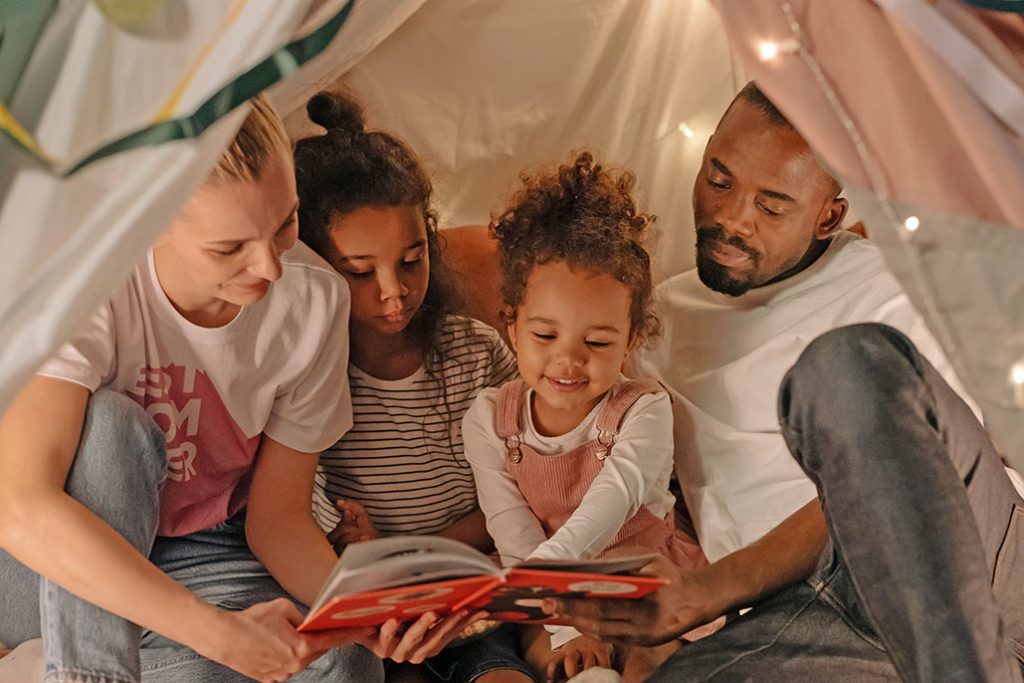Relationships between parents and children are incredibly complex and dynamic, shaped by a variety of factors including family dynamics, personalities, and life experiences. For many people, their relationship with their parents is the first and most important relationship they will ever have, and it can greatly impact their sense of self, their future relationships, and their overall well-being.
Table of Contents
Communication in the Relationships between Parents and Children
One of the most important aspects of the relationship between parents and children is communication. When parents and children are able to effectively communicate with one another, it can lead to a deeper understanding and a greater sense of connection. This can also create a supportive and safe environment in which children feel comfortable expressing their thoughts and feelings. However, when communication is lacking or negative, it can result in misunderstandings, hurt feelings, and damage to the relationship.
Another key factor in the relationships between parents and children is love and affection. Children need to feel loved and supported by their parents, and parents need to show affection and love in order to build a strong bond with their children. This can be expressed through physical affection, such as hugs and kisses, or through verbal affirmations and positive reinforcement. When love and affection are present in the relationship, children are more likely to feel confident and secure and are better able to handle challenges and setbacks in their lives.
Boundaries and Rules

Boundaries and rules are also important aspects of the relationship between parents and children. Parents play a crucial role in setting and enforcing rules, and children need to understand the boundaries that are set in order to feel secure and protected. However, it is important that parents also provide children with some degree of independence and freedom, allowing them to make their own choices and learn from their mistakes. When parents strike a balance between setting boundaries and allowing freedom, children are better able to develop the skills they need to become responsible and independent adults.
Finally, mutual respect is an essential component of the relationships between parents and children. Parents should respect their children as individuals, valuing their opinions and allowing them to express themselves freely. Children, in turn, should show respect for their parents, listen to their advice, and follow their rules. When both parents and children treat one another with respect, it fosters a positive and supportive environment that can strengthen the relationship and help children grow and develop.
Conclusion
In conclusion, the relationship between parents and children is complex and multifaceted, shaped by factors such as communication, love and affection, boundaries and rules, and mutual respect. When these elements are present in the relationship, it can foster a strong bond between parents and children, promoting healthy development and a sense of well-being. However, when these elements are absent, it can lead to misunderstandings, conflict, and damage to the relationship. It is therefore important for both parents and children to be mindful of their behavior and attitudes in order to maintain a positive and supportive relationship.
Author
Stay connected for new publications, events, and more.








Great article!